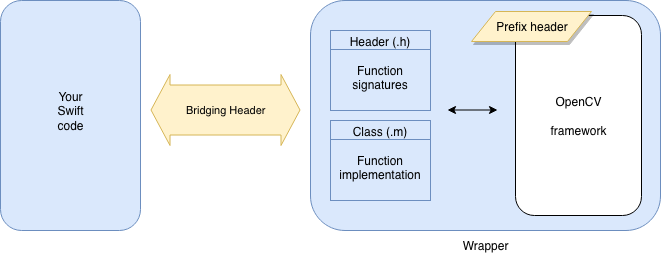Mr. Huntley's 1914 Chandler Light Six
Identifying the car in an old photo
One of the greatest parts of living in an old house is identifying the history of its occupants. In this photo, we see A.E. Huntley, the original owner of our house, looking rather dapper in his car. His grandaughter shared the photo …
Continue reading

